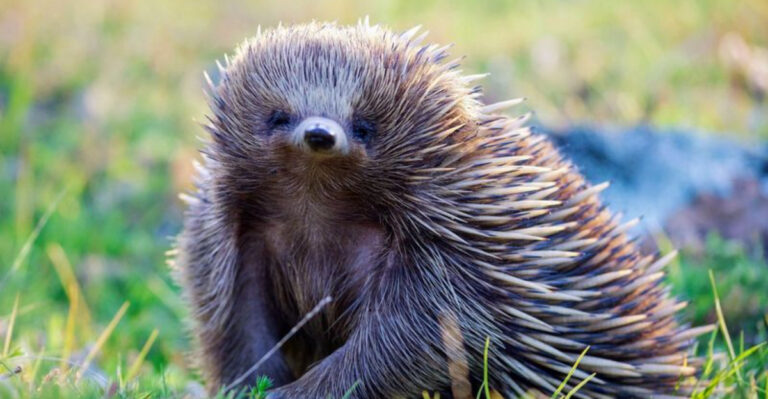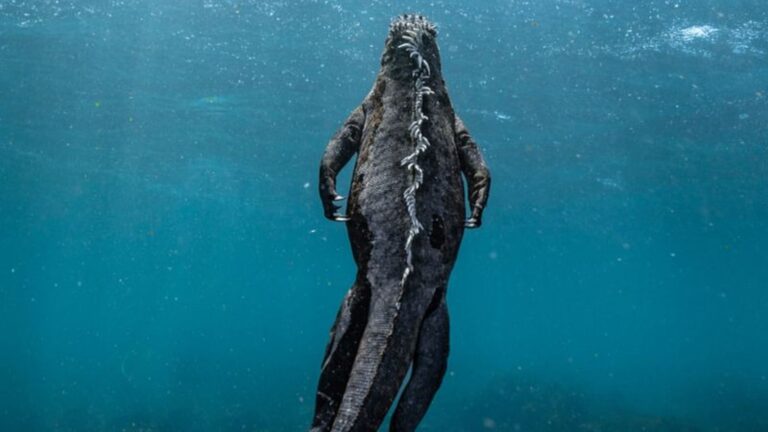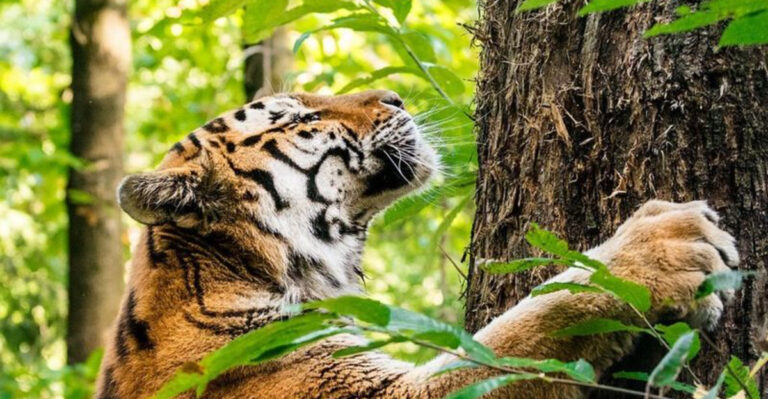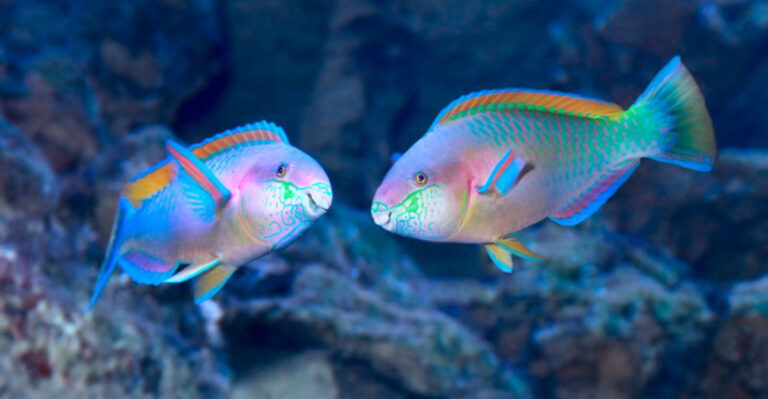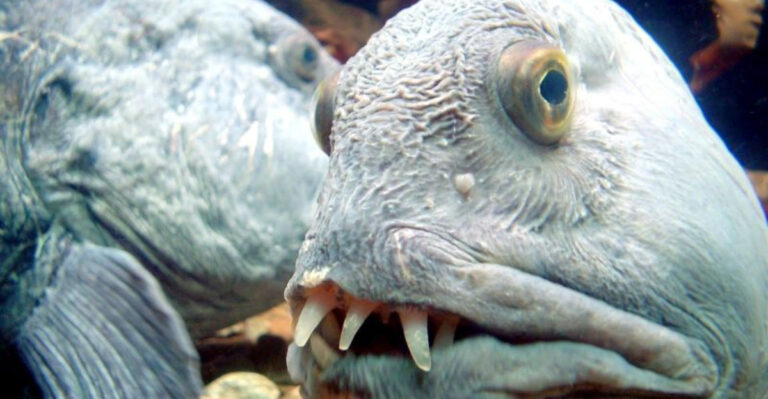15 Dog Breeds That Shine As Companions For Kids With Autism
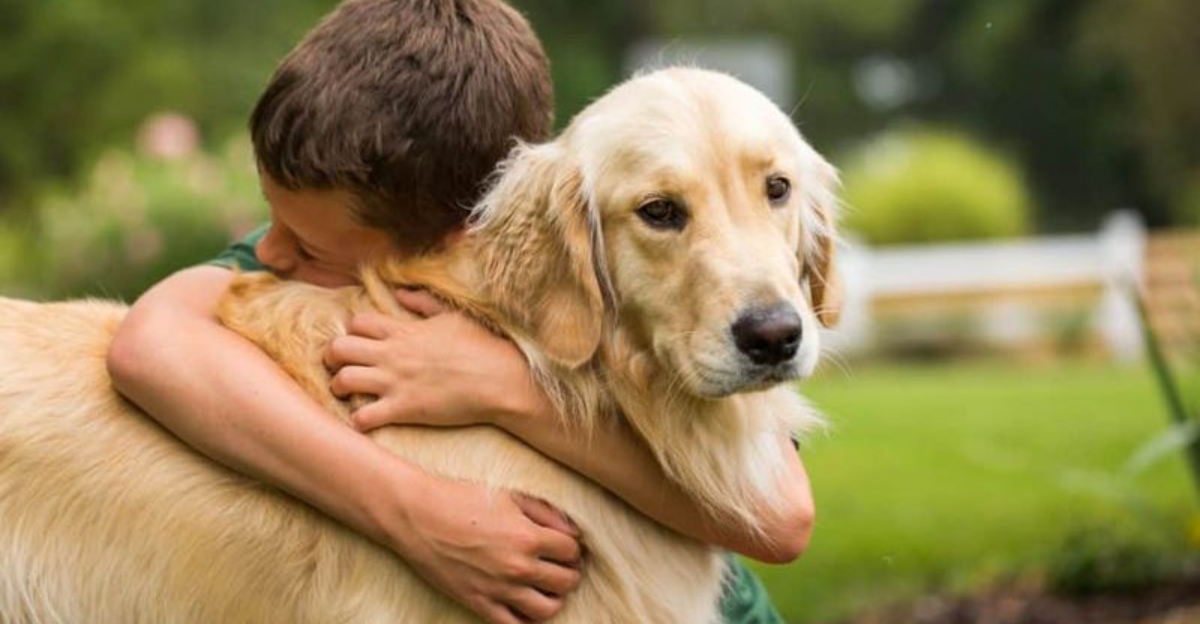
Finding the right furry friend for a child with autism can create life-changing bonds and emotional support.
Dogs offer unconditional love and can help kids develop social skills, reduce anxiety, and provide a sense of security.
The perfect canine companion understands special needs, demonstrates patience, and forms deep connections that foster confidence and independence in children across the autism spectrum.
1. Labrador Retrievers: The Gold Standard Helpers
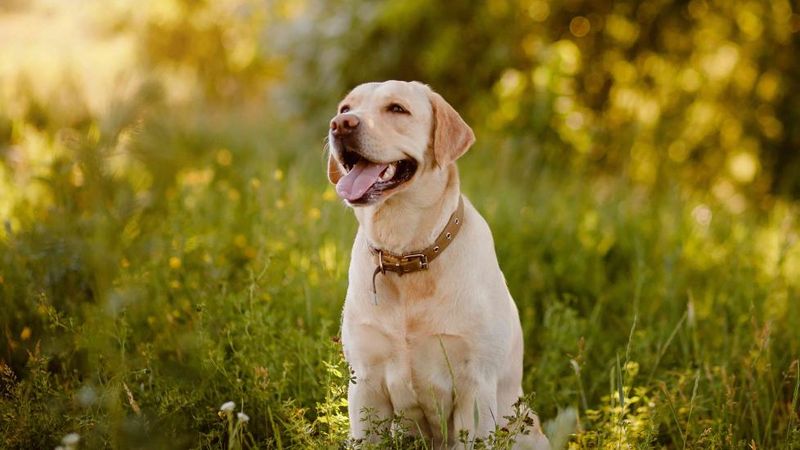
Labradors possess an intuitive understanding of human emotions that makes them exceptional companions for children with autism. Their friendly temperament and natural desire to please create a judgment-free zone where kids can be themselves.
These intelligent pups excel at sensing anxiety triggers before meltdowns occur, often leaning against a child or providing deep pressure therapy when needed. Labs are sturdy enough to handle unpredictable movements yet gentle in their interactions.
Many autism assistance programs specifically train Labs because they balance playfulness with responsibility so beautifully. Their consistent nature provides the predictable environment that helps children with autism thrive in everyday situations.
2. Golden Retrievers: Sunshine In Fur Form
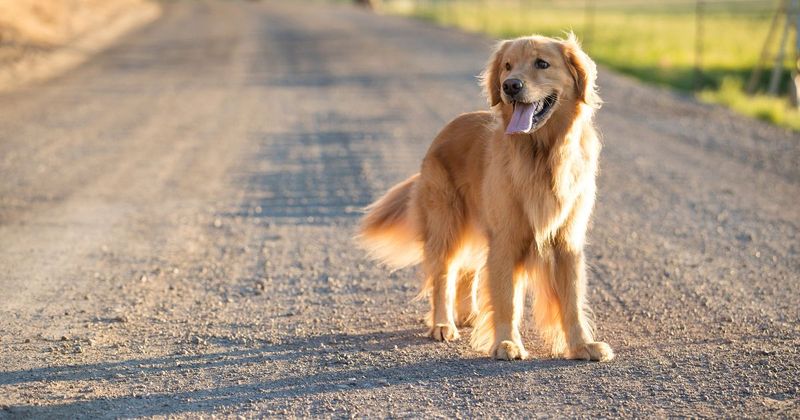
Known for their sunny disposition, Golden Retrievers radiate warmth that draws children with autism out of their shells. These dogs have an extraordinary patience level – they’ll sit quietly for hours if that’s what their young friend needs.
Golden Retrievers instinctively match their energy to their human companions. When a child feels overwhelmed, these intuitive canines often place themselves between the child and the source of stress, creating a safe buffer zone.
Their thick, soft coats provide sensory comfort during tough moments. Families report that the rhythmic motion of stroking a Golden’s fur helps children regulate emotions and find calm during overwhelming situations.
3. Standard Poodles: The Brainy Buddies
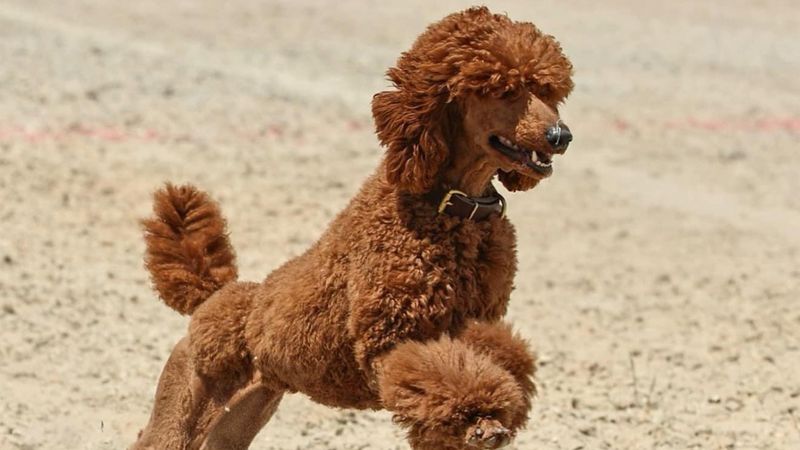
Standard Poodles bring a remarkable combination of intelligence and hypoallergenic benefits to families navigating autism. Their problem-solving abilities make them quick to understand a child’s unique communication style, even when non-verbal cues are the primary language.
Unlike some breeds that shed constantly, Poodles produce minimal dander, perfect for children with sensory sensitivities who might find loose fur overwhelming. Their dignified presence often has a calming effect during high-stress moments.
These curly-coated companions adapt beautifully to therapy training protocols. Many parents appreciate how Poodles seem to develop an almost telepathic bond with their children, anticipating needs before they’re even expressed.
4. Newfoundlands: Gentle Giants With Guardian Hearts
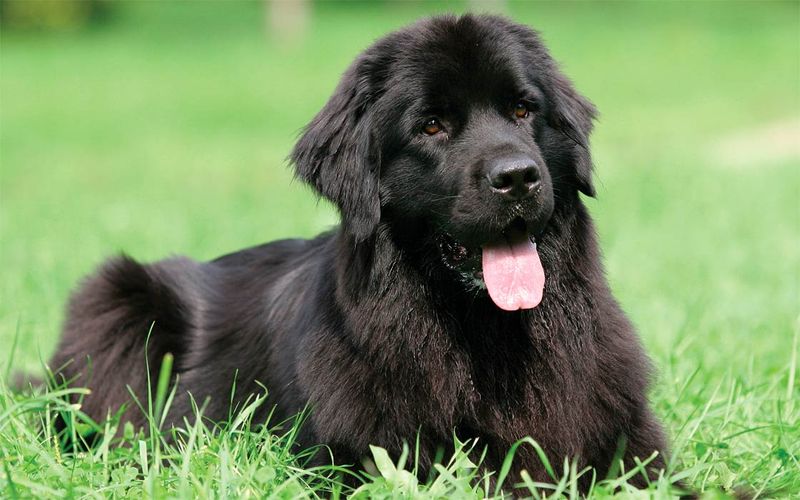
Newfoundlands may look imposing with their bear-like appearance, but these gentle giants possess an extraordinary tenderness that makes them ideal companions for vulnerable children. Their natural protective instinct creates a walking safety net – many Newfies will position themselves between their child and perceived dangers without training.
The deep, rumbling sound of a Newfoundland’s breathing provides consistent auditory feedback that many children with autism find soothing. Their massive size offers unmatched deep pressure therapy during meltdowns or anxiety attacks.
Despite their enormity, these dogs move with surprising grace around fragile objects, including unpredictable children. Families often marvel at how these enormous companions seem to understand exactly when gentle interaction is needed.
5. Bernese Mountain Dogs: Loyal Protectors With Endless Patience
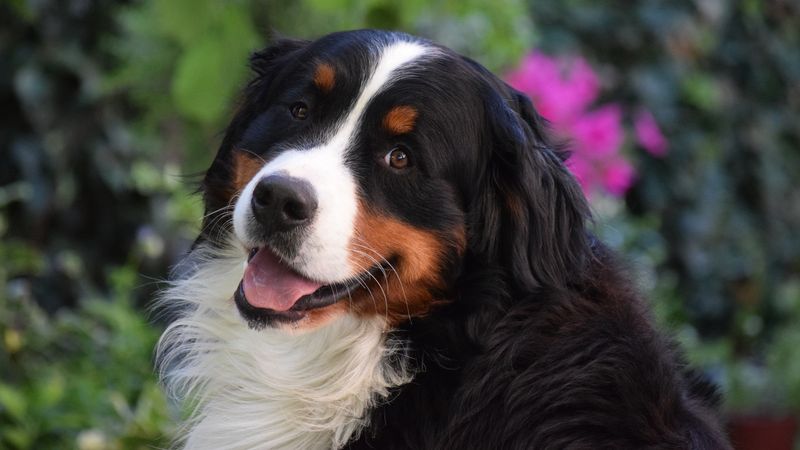
Bernese Mountain Dogs bring a unique blend of steadiness and devotion that creates security for children with autism. Their predictable, methodical movements make them less startling than more energetic breeds – a crucial quality when sudden motions can trigger sensory overload.
These tri-colored guardians possess an almost supernatural patience. A Bernese will happily stand still while a child explores their fur, ears, and paws at their own pace, never rushing the interaction.
Originally bred as farm workers, they have a natural sense of responsibility toward their human families. Parents report that Berners often develop special routines with their children, providing structure that helps navigate difficult transitions throughout the day.
6. Great Pyrenees: Watchful White Guardians
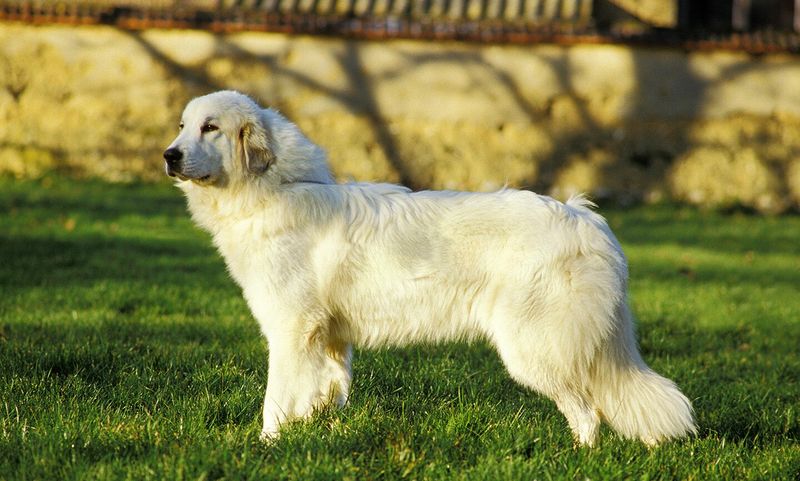
Great Pyrenees dogs possess an uncanny ability to remain calm during chaos – a priceless quality in households where sensory meltdowns occur. These majestic white guardians naturally position themselves as protectors, often sleeping outside a child’s bedroom door without being trained to do so.
Their thick, cloud-like coat provides exceptional sensory feedback during petting sessions. Many children who struggle with touch find the distinctive texture of Pyrenees fur accessible and comforting.
Despite their impressive size, these dogs move with remarkable gentleness around children. Their natural tendency to patrol and monitor aligns perfectly with wandering concerns – a Great Pyrenees will often herd a child away from dangerous areas through body blocking rather than barking.
7. Cavalier King Charles Spaniels: Pocket-Sized Emotional Support
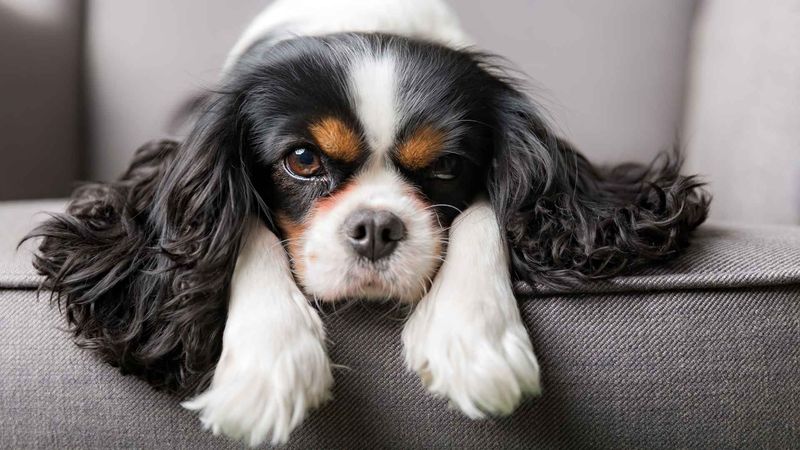
Don’t let their small stature fool you – Cavalier King Charles Spaniels pack enormous emotional intelligence into their compact frames. These silky-eared companions excel at reading facial expressions and body language, often responding to a child’s needs before they’re verbally expressed.
Their manageable size makes them less intimidating for children who might feel overwhelmed by larger breeds. Cavaliers naturally seek physical closeness, often curling into laps or against necks where their heartbeat provides rhythmic comfort during stressful moments.
These gentle souls thrive on routine – they’ll happily participate in the same games or comfort rituals day after day without growing bored. Their consistent temperament makes them wonderfully predictable companions for children who depend on sameness.
8. Boxer Dogs: Playful Protectors With Heart
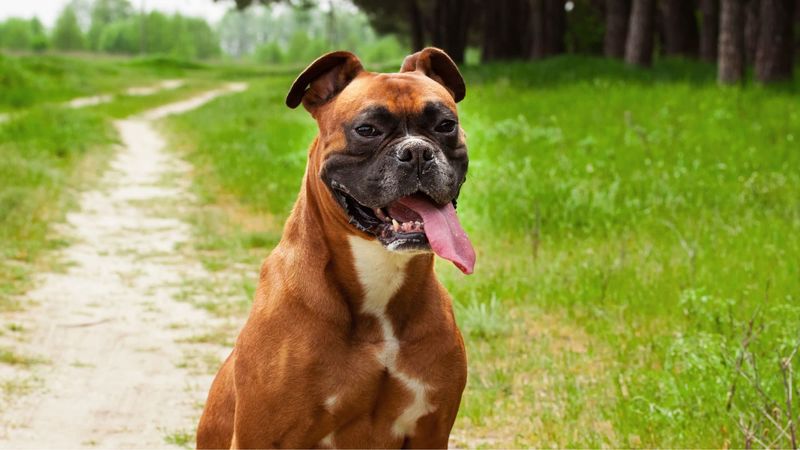
Boxers bring an exceptional combination of playfulness and protection that resonates with many children on the autism spectrum. Their expressive faces and animated eyebrows create clear, readable emotions that help children practice recognizing feelings in a non-human context.
These athletic companions have boundless energy for physical play, providing crucial sensory input through wrestling and chasing games. Yet they possess remarkable body awareness, adjusting their strength instantly when interacting with smaller humans.
Boxers form fierce bonds with their families, particularly children they perceive as vulnerable. Many parents report that their Boxer naturally positions itself between their child and strangers, creating a living security blanket that provides confidence in public settings.
9. Irish Setter: The Fiery-Coated Friendship Builder
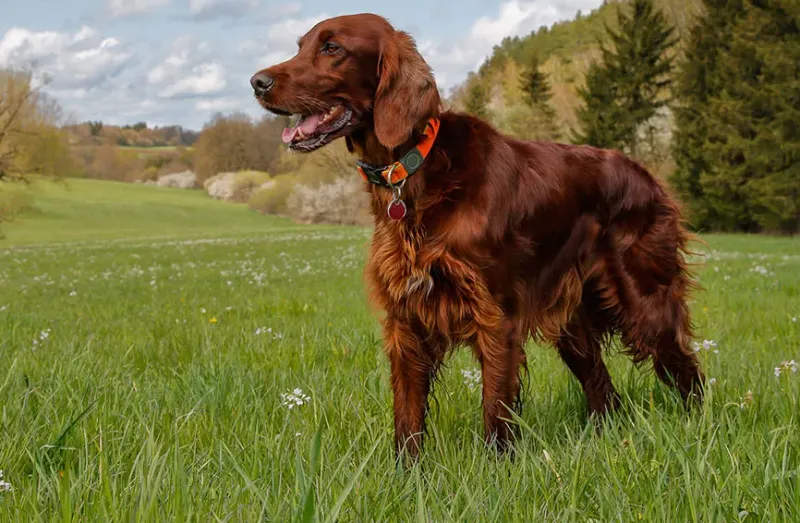
Irish Setters captivate with their flowing red coats and boundless enthusiasm for life. Their joyful nature often sparks social interaction – these dogs become natural conversation starters that help bridge communication gaps for children who struggle with initiating social contact.
Behind their playful exterior lies surprising sensitivity. Irish Setters seem to instinctively understand when to dial down their energy, often lying quietly beside a child during overwhelming moments without needing commands.
The rhythmic motion of brushing an Irish Setter’s silky coat provides therapeutic sensory input that many children find regulating. These athletic companions also excel at structured activities like agility training, giving children opportunities to practice sequential thinking and clear communication.
10. Collie: The Lassie-Like Loyal Companion
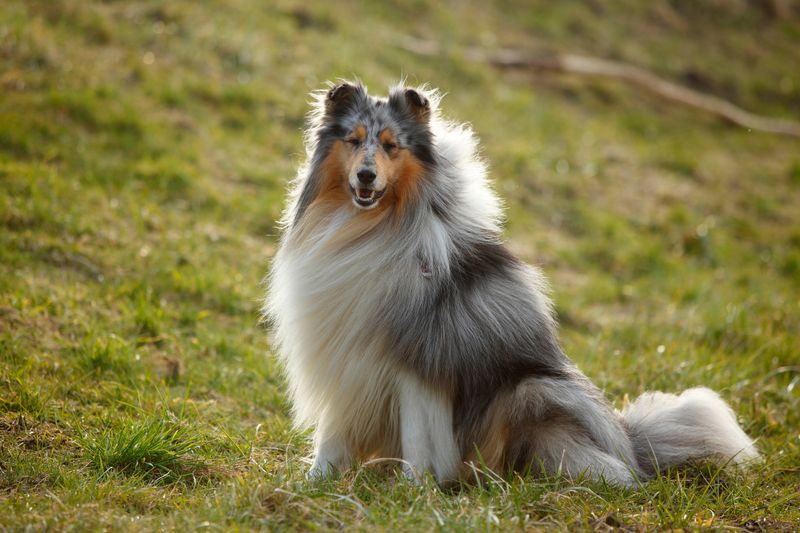
Made famous by Lassie, Collies possess an almost supernatural awareness of human emotions that serves children with autism beautifully. Their herding background translates into natural protective behaviors – many Collies will gently guide wandering children back to safety without aggressive barking.
These elegant dogs thrive on routine and order, making them perfect matches for households where predictability matters. Their intelligence allows them to learn complex support tasks, from interrupting repetitive behaviors to providing deep pressure therapy during meltdowns.
Collies communicate largely through subtle body language rather than loud barking, creating a calmer sensory environment. Their legendary patience means they’ll sit quietly during therapy sessions or medical appointments, providing a steady, reassuring presence when everything else feels chaotic.
11. Saint Bernard: The Gentle-Hearted Teddy Bear
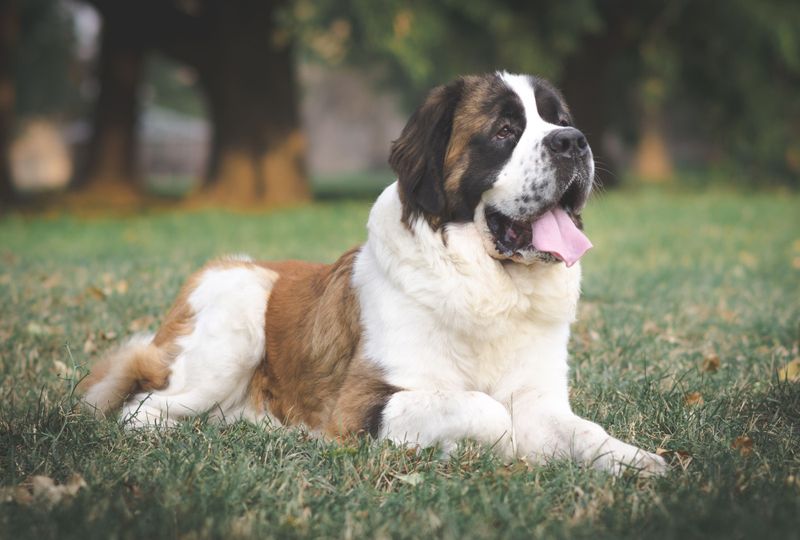
Saint Bernards offer living, breathing deep pressure therapy with their substantial size and calm demeanor. These gentle giants move with surprising grace around children, seeming to understand that their own immense power requires careful control.
Their patient temperament means they rarely react negatively to unpredictable behaviors or loud outbursts. Many parents report that their Saint Bernard naturally positions itself against their child during meltdowns, providing comforting weight and warmth that helps restore emotional regulation.
Despite their imposing appearance, Saint Bernards typically have very low prey drive and minimal aggression, making them exceptionally safe companions. Their natural tendency toward quiet observation rather than barking creates a sensory-friendly environment where children can process without additional auditory input.
12. Beagle: The Pocket-Sized Adventure Buddy
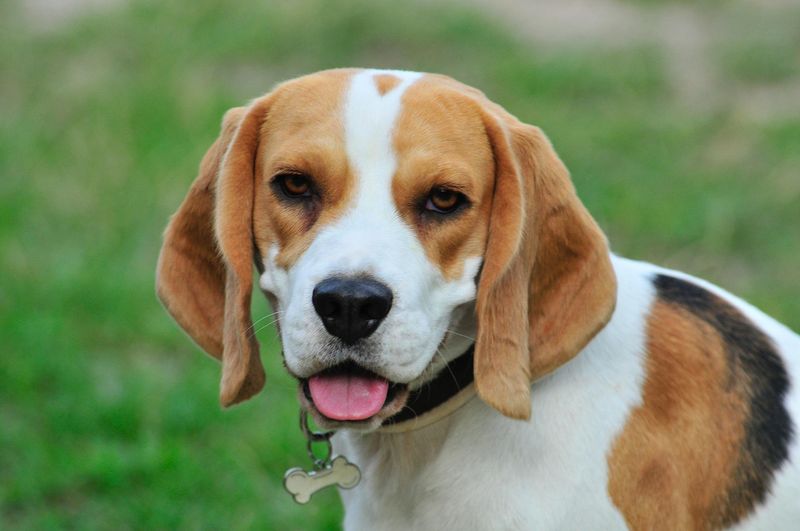
Beagles pack tremendous heart into their compact frames, offering friendship without overwhelming physical presence. Their expressive eyes and distinctive howl provide clear communication cues that many children with autism find easier to interpret than subtle human expressions.
These scent-oriented dogs live fully in the sensory world, making them natural companions for children who experience life through heightened senses. Many families report that walking with a Beagle helps their child stay grounded in the present moment through shared sensory discovery.
Beagles’ natural curiosity often sparks similar exploration in hesitant children. Their predictable temperament and medium size make them ideal for families in smaller living spaces who still want the therapeutic benefits of canine companionship.
13. Samoyed: The Smiling Snow Dog
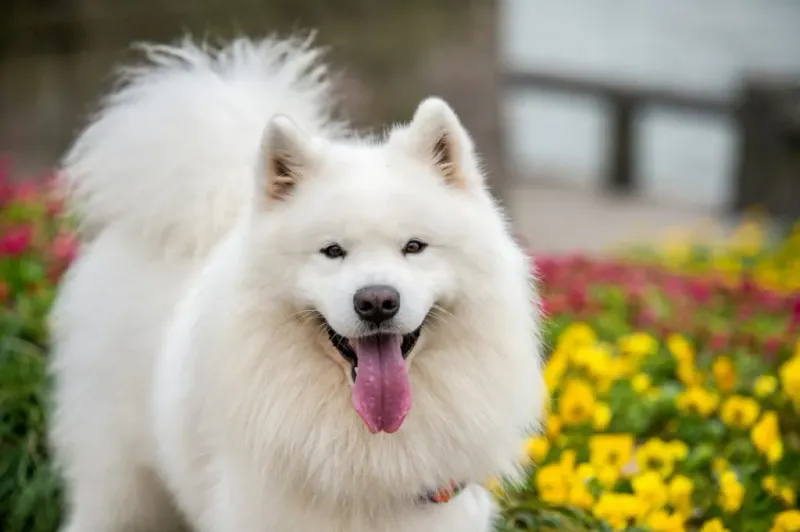
Samoyeds bring perpetual optimism with their famous “Sammy smile” that can brighten even the toughest days. Their fluffy white coats provide extraordinary sensory feedback – many children who find typical touch overwhelming report that burying their hands in a Samoyed’s thick fur feels accessible and regulating.
These arctic dogs possess remarkable emotional resilience, bouncing back quickly from startling situations without holding grudges. Parents often note how their Samoyed naturally adjusts its play style to match their child’s energy level and sensory tolerance.
Originally bred to live closely with humans in harsh conditions, Samoyeds form extraordinarily tight bonds with their families. Their natural tendency to check in with their humans creates opportunities for eye contact practice in a pressure-free, rewarding context.
14. Havanese: The Velcro Lap Companion
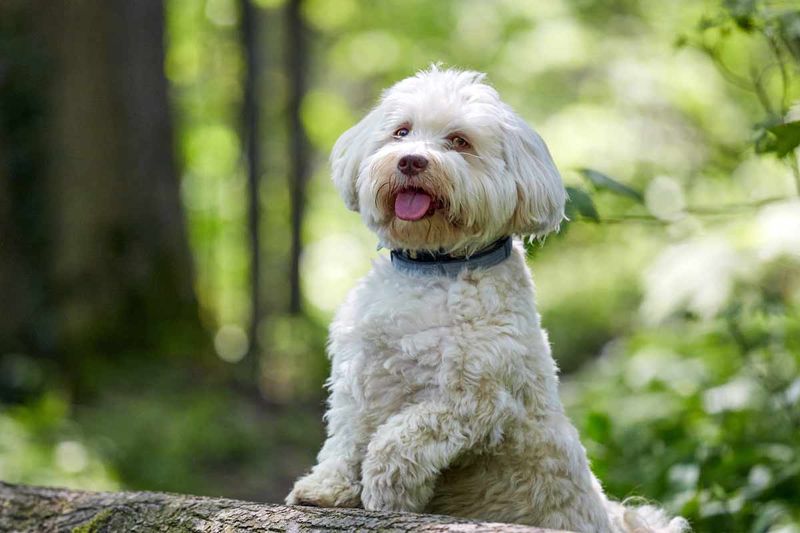
Havanese dogs earn their nickname as “velcro companions” through their devoted attachment to their chosen humans. These silky little friends excel at providing consistent companionship without overwhelming energy – they’re equally happy playing gentle games or simply sitting quietly alongside a child engaged in special interests.
Their non-shedding coats make them suitable for children with sensory sensitivities to loose fur or allergies. Havanese learn quickly, allowing them to master supportive behaviors like interrupting repetitive motions or alerting parents to distress.
Despite their small size, these dogs display remarkable emotional resilience. They recover quickly from accidental rough handling or loud outbursts, making them forgiving companions for children still developing awareness of their strength and volume.
15. Portuguese Water Dog: The Hypoallergenic Helper
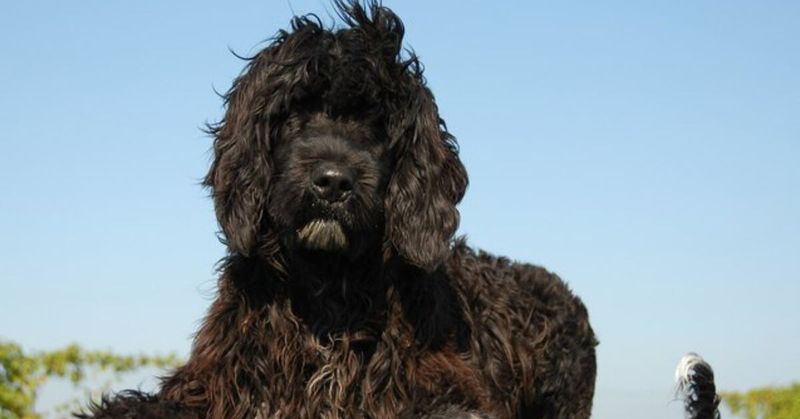
Portuguese Water Dogs offer a remarkable combination of intelligence and allergy-friendly features. Their curly, non-shedding coats produce minimal dander, crucial for families where sensory sensitivities or allergies compound autism challenges.
Originally bred as working companions for fishermen, these dogs possess extraordinary problem-solving abilities. They quickly learn to respond to a child’s unique communication style, even when traditional commands aren’t possible.
Their webbed feet make them exceptional swimmers, opening therapeutic aquatic activities for children who benefit from water’s sensory regulation. Many families report that their Portuguese Water Dog develops specific routines with their child, like bringing a specific toy when sensing distress or applying gentle pressure during overwhelming moments.


